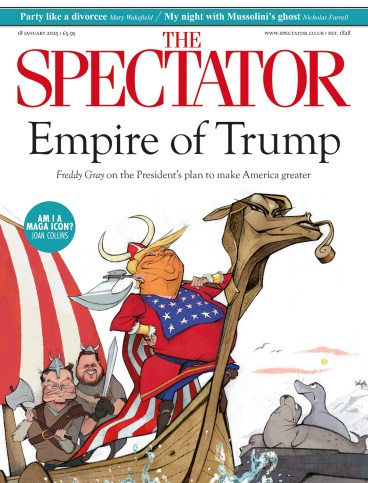
The former US president Jimmy Carterdied, at the age of 100, just before news of an imminent deal to free the last of Israel’s hostages in Gaza. Carter’s presidency was crippled by his own hostage crisis, American diplomats held captive in Tehran. Freeing them became his administration’s highest priority, and he worked on it for every single one of the 444 days the crisis lasted, often to the exclusion of anything else. By contrast, the Israeli Prime Minister, Benjamin Netanyahu, resisted massive domestic pressure to do a deal for his hostages in order to pursue the war aim of destroying Hamas. You could call this statesmanship, or something else, but it is a kind of victory for Netanyahu.
The hostage deal now in the final stagesof negotiation is apparently the same agreement brokered by the US back in May. What changed? Enter Donald Trump. The President-elect publicly threatened Hamas that ‘all hell’ would break out if the hostages were not freed by his inauguration next week. It may, though, have been private threats – or promises – to Netanyahu that ended the deadlock. Though he’s not yet president, Trump dispatched his new Middle East envoy, Steve Witkoff, to the hostage talks in Qatar and to Israel. Witkoff succeeded where, for the past 15 months, the Biden administration failed.
Witkoff is, like Trump, a New York real-estate billionaire – and he partied hard back in the day. He’s one of Trump’s golf buddies and is trusted enough that he helped launch his new crypto venture (there’s nothing more important to the Donald than making money). Witkoff has no diplomatic experience but, like Trump, he is a deal-maker who knows when to put the screws on.








Comments
Join the debate for just £1 a month
Be part of the conversation with other Spectator readers by getting your first three months for £3.
UNLOCK ACCESS Just £1 a monthAlready a subscriber? Log in